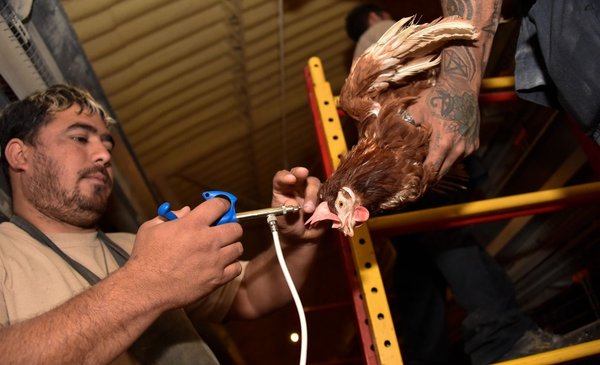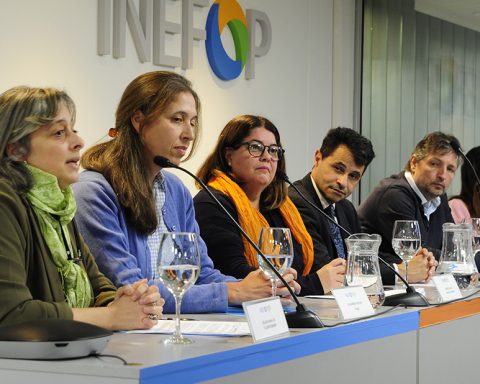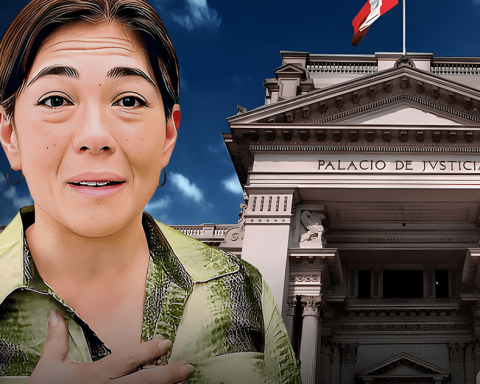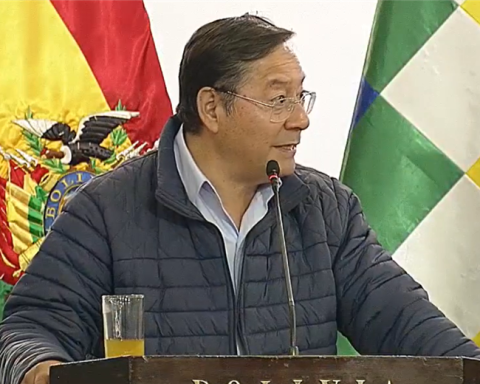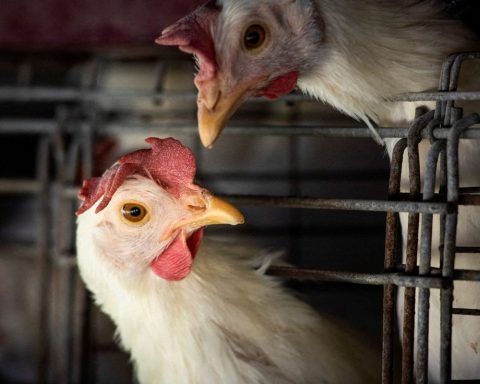The World Organization for Animal Health (OMSA), in a recent assembly held in Paris, made it official that The countries are not classified based on whether or not they vaccinate, they do so taking into account whether or not they have bird flu.
This is a key difference in relation to how this sanitary management is considered in the case of another disease, such as foot-and-mouth disease, where countries that are free of the disease with or without vaccination are categorized (Uruguay is free of this disease with vaccination).
“In Avian Influenza you are free or you have the disease, it is the only classification,” he told The Observer Diego De Freitas, general director of the Livestock Services of the Ministry of Livestock, Agriculture and Fisheries (MGAP).
Thus, he stated, it became clear that “the vaccine should not be an impediment to commercialization”whereby there are no obstacles for countries like Uruguay, where the presence of the disease has been generated for a few weeks, to export products from the poultry sector, for example chicken meat.
The detail to take into account, he said, is that The country that vaccinates against bird flu can export as long as it demonstrates that the antibodies generated are from vaccination and not from the disease.
Therefore, he stressed, lThe position that Uruguay defended as valid was the one that finally prospered in the OMSA assemblyafter instances of exchange of considerations during two days in Paris.
the 90to Annual General Session of the World Assembly of Delegates to the OMSA (founded as OIE) was held from Sunday 21 to Thursday 25 May 2023, in face-to-face format, in Paris, an instance in which De Freitas participated.
There are 14 lights
Currently, in Uruguay, 14 foci with cases of avian influenza have been detected, eight of them involving backyard birds (non-commercial breeding on family farms) and six involving wild birds, therefore the disease has not been detected in commercial farms.
The sanitary management of vaccinating three categories of the bird population in commercial production farms was satisfactorily fulfilled, indicated De Freitas.
Initially, animals were vaccinated in incubator companies, using 900,000 vectorized doses.
Subsequently, the approximately 4.5 million breeding birds and laying hens were vaccinated, with two applications to each specimen of inactivated vaccines in that case.
In total, about 10 million doses were used.
“Now we are evaluating with the technical team what new steps to take, what categories to continue vaccinating”he commented.
This evaluation considers not only the Uruguayan reality, but also that of the region, where cases already exist in all South American countries.
Federico Gutierrez
Laying hens, one of the categories that was vaccinated.
The general director of the Livestock Services remarked that the vaccine is one more tool, but not enough by itself to keep the disease away from commercial farms: “The fundamental thing is the set of biosecurity measures that the ministry has communicated and that on farms are being developed in a very good way”.
Tranquillity
De Freitas finally reiterated that the sale of eggs and poultry meat is totally safe, since the disease (it is a zoonosis) is not transferred from birds to humans through the ingestion of these foods, but through direct contact with birds sick or dead from bird flu.
